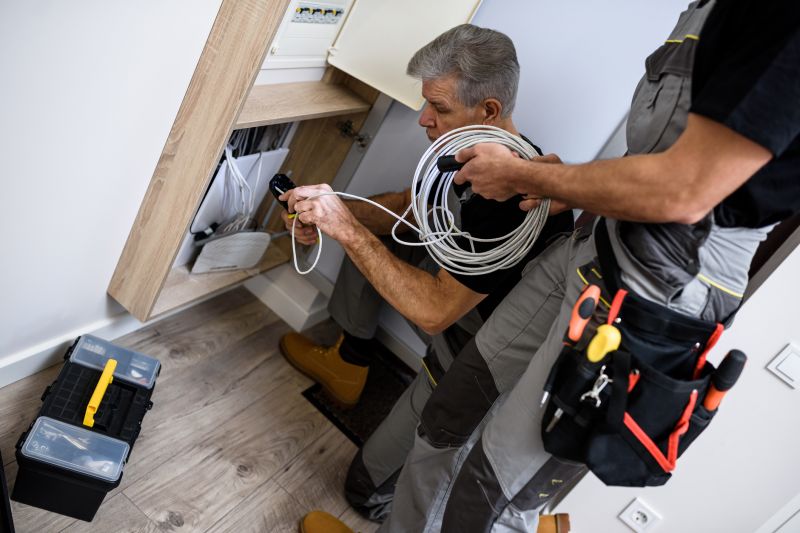Optimal Timing for Windows Installations
Choosing the right time for Windows installations can impact the efficiency and success of the process. Typically, periods with minimal system usage and stable environmental conditions are preferred to ensure smooth setup and configuration.
Spring and fall often provide moderate temperatures and less humidity, reducing potential installation complications.
Scheduling installations during off-peak hours minimizes disruption to daily operations and allows for thorough testing.
Aligning installations with planned maintenance windows ensures minimal impact on productivity and allows for troubleshooting if needed.
Performing installations when hardware is fully prepared and compatible reduces the risk of delays and issues.

Image depicting the setup screen during Windows installation.

Image showing a server room prepared for Windows deployment.

Image of a technician performing Windows installation on a workstation.

Ways to make Windows Installations work in tight or awkward layouts.

Popular materials for Windows Installations and why they hold up over time.

Simple add-ons that improve Windows Installations without blowing the budget.
| Aspect | Best Timing Factors |
|---|---|
| Environmental Conditions | Stable temperature and humidity |
| Business Operations | Off-peak hours or scheduled downtimes |
| Hardware Availability | Ensure all hardware is ready and compatible |
| System Usage | Periods of low user activity |
| Maintenance Schedules | Coordinate with existing maintenance plans |
| Seasonality | Spring or fall for moderate climate |
| Staff Availability | Times when technical staff are available |
| Project Deadlines | Allow ample time for testing and troubleshooting |
Windows installations are a critical component of system upgrades and new setups. Proper timing ensures minimal disruption and maximizes efficiency. It is important to consider environmental factors, operational schedules, and hardware readiness when planning these activities. Data shows that scheduling during low-usage periods can reduce installation time by up to 30%, leading to smoother transitions and less downtime.

Close-up of a computer screen during Windows setup.

Technician overseeing the installation process.

System setup after Windows installation completion.

A fully configured workstation post-installation.
Selecting the appropriate time for Windows installations can streamline deployment and reduce operational impact. It is advisable to plan ahead, considering both technical and operational factors. Properly scheduled installations contribute to system stability and user satisfaction.
For organizations seeking to optimize their Windows deployment schedules, consulting with IT professionals can provide tailored recommendations. Filling out the contact form can facilitate planning and ensure installations are performed at the most suitable times for operational continuity.





